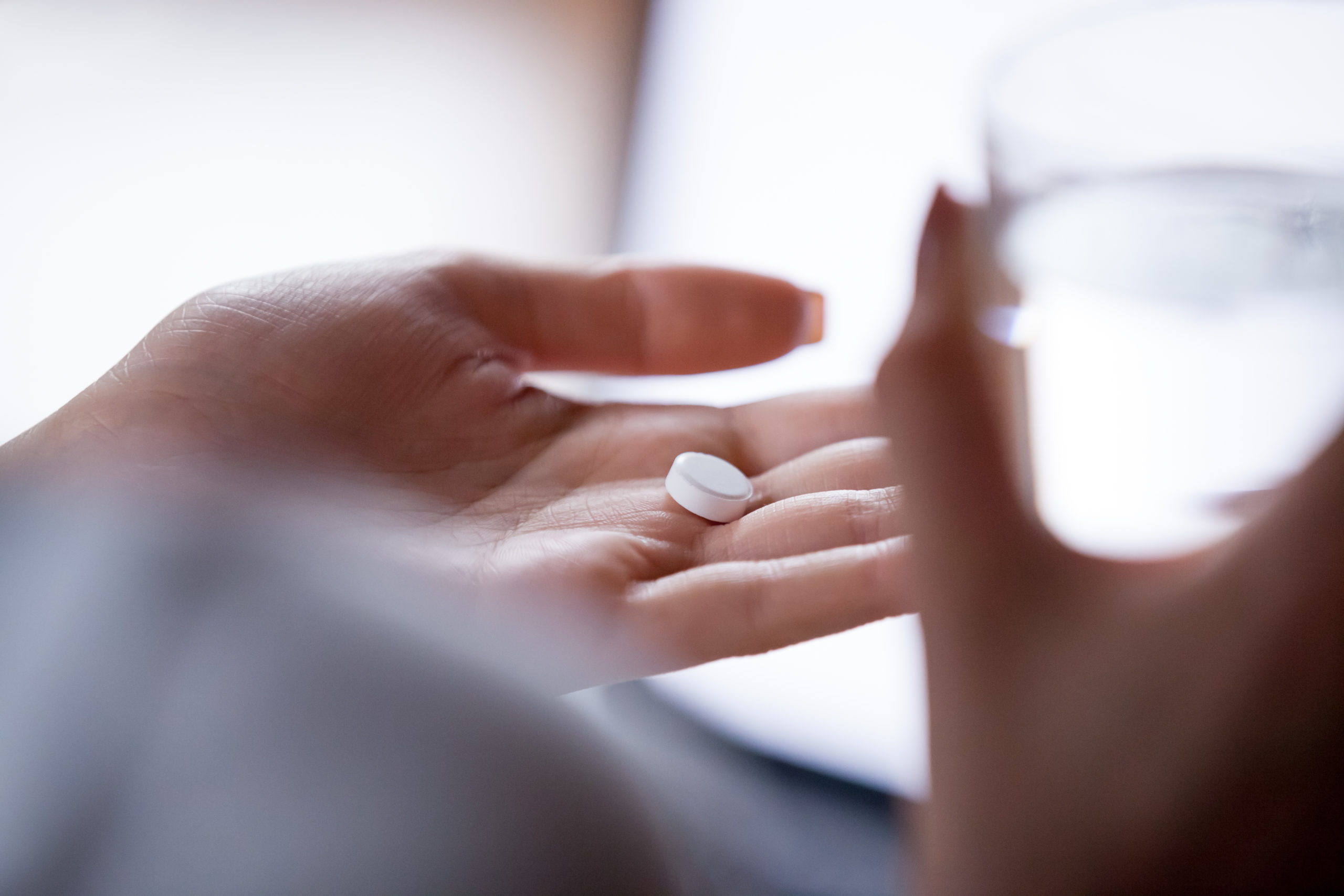
Mindfulness, pharmacological prophylaxis and Chronic Migraine

MINDFULNESS AND PHARMACOLOGICAL PROPHYLAXIS AFTER WITHDRAWAL FROM MEDICATION OVERUSE IN PATIENTS WITH CHRONIC MIGRAINE: AN EFFECTIVENESS TRIAL WITH A ONE-YEAR FOLLOW-UP.
Chronic Migraine (CM) is a disabling condition, worsened when associated with Medication Overuse (MO). Mindfulness is an emerging technique, effective in different pain conditions, but it has yet to be explored for CM-MO. We report the results of a study assessing a one-year course of patients’ status, with the hypothesis that the effectiveness of a mindfulness-based approach would be similar to that of conventional prophylactic treatments.
Patients with CM-MO (code 1.3 and 8.2 of the International Classification of Headache Disorders-3Beta) completed a withdrawal program in a day hospital setting. After withdrawal, patients were either treated with Prophylactic Medications (Med-Group), or participated in a Mindfulness-based Training (MT-Group). MT consisted of 6 weekly sessions of guided mindfulness, with patients invited to practice 7–10 min per day. Headache diaries, the headache impact test (HIT-6), the migraine disability assessment (MIDAS), state and trait anxiety (STAI Y1-Y2), and the Beck Depression Inventory (BDI) were administered before withdrawal and at each follow-up (3, 6, 12 after withdrawal) to patients from both groups. Outcome variables were analyzed in separate two-way mixed ANOVAs (Group: Mindfulness vs. Pharmacology x Time: Baseline, 3-, 6-, vs. 12-month follow-up).
A total of 44 patients participated in the study, with the average age being 44.5, average headache frequency/ month was 20.5, and average monthly medication intake was 18.4 pills. Data revealed a similar improvement over time in both groups for Headache Frequency (approximately 6–8 days reduction), use of Medication (approximately 7 intakes reduction), MIDAS, HIT-6 (but only for the MED-Group), and BDI; no changes on state and trait anxiety were found. Both groups revealed significant and equivalent improvement with respect to what has become a classical endpoint in this area of research, i.e. 50% or more reduction of headaches compared to baseline, and the majority of patients in each condition no longer satisfied current criteria for CM.
CONCLUSION
Taken as a whole, our results suggest that the longitudinal course of patients in the MT-Group, that were not prescribed medical prophylaxis, was substantially similar to that of patients who were administered medical prophylaxis.









